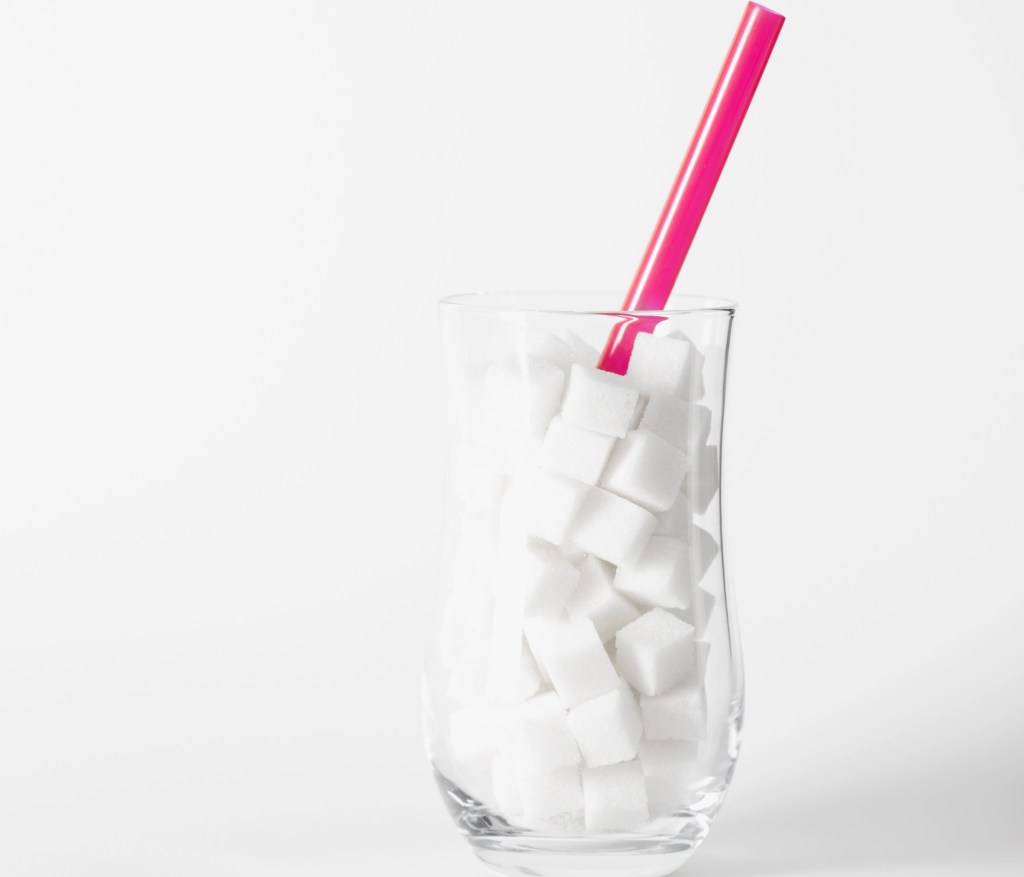
Soft drinks sold in Australia have higher levels of glucose than those sold in other countries around the world, a new study has shown.
A report on the study titled The sugar content of soft drinks in Australia, Europe and the United States, stated that five samples of soft drink were tested from Australia, Europe and the US; the Australian soft drink beverages had on average 22 percent more glucose than the corresponding US beverages.
Glucose consumption is linked to an increased risk of heart disease and type two diabetes and is also responsible for rapidly elevating plasma glucose and insulin levels.
A report published by the Australian Medical Journal said that sugar-sweetened beverages contributed to Australian diets as the largest sources of sugar.
The report found that Australian soft drinks were primarily sweetened with sugar cane-derived sucrose which is 50% glucose and 50% fructose.
Baker Heart and Diabetes Institute Professor Bronwyn Kingwell said the information was relevant for Australians who drink a lot of soft drink.
“Given that glucose, but not fructose, rapidly elevates plasma glucose and insulin, regular consumption of Australian soft drinks has potential health implications regarding type 2 diabetes and its complications,” she said.
Many leading health organisations have called on the Federal Government to considering instating a sugar tax on sweetened beverages such as soft drink, similar to that of the UK.
Professor Kingwell said the latest Australian Health Survey found 39 percent of all men and 29 percent of women regularly drank sugar-sweetened beverages.
Obesity Policy Coalition Jane Martin said taxes on sugar in the UK would encourage local manufacturers to reformulate their products.
“Evidence from other countries that have implemented similar taxes shows that consumers are sensitive to the price of sugary drinks and this directly impacts demand – it is a very powerful policy tool,” she said.
Ms Kingwell said at the moment the long term consequences of consumption are unknown.
“But what this study does is put it out there that our drinks are different, and it’s something we need to look into,” she said.
University of Melbourne Associate Professor Sof Andrikopoulo said it would be interesting to know if the US is seeing high levels of disease or dyslipidaemia in Australia.
“It’s really interesting research. What I’d like to know now is whether the US is seeing a higher incidence of liver disease or dyslipidaemia than we do in Australia, due to higher concentrations of fructose in these drinks” he said.
“Given what we know from other parts of the world where they’ve taxed sugared drinks and have seen reduced consumption, then I think I’m in favour.”


Start by banning specials on soft drinks.